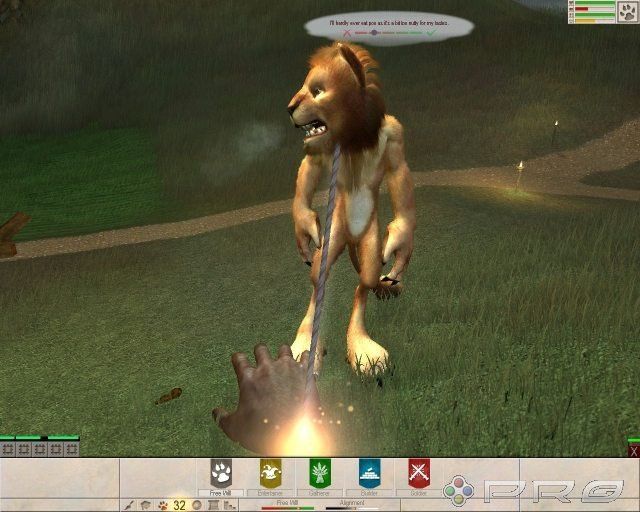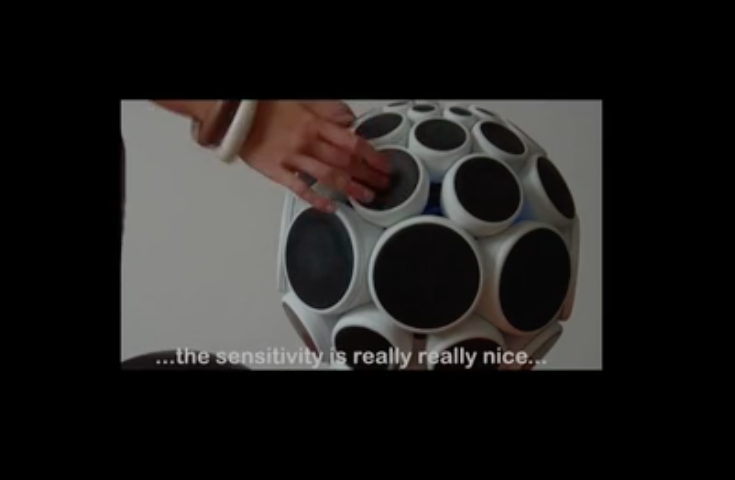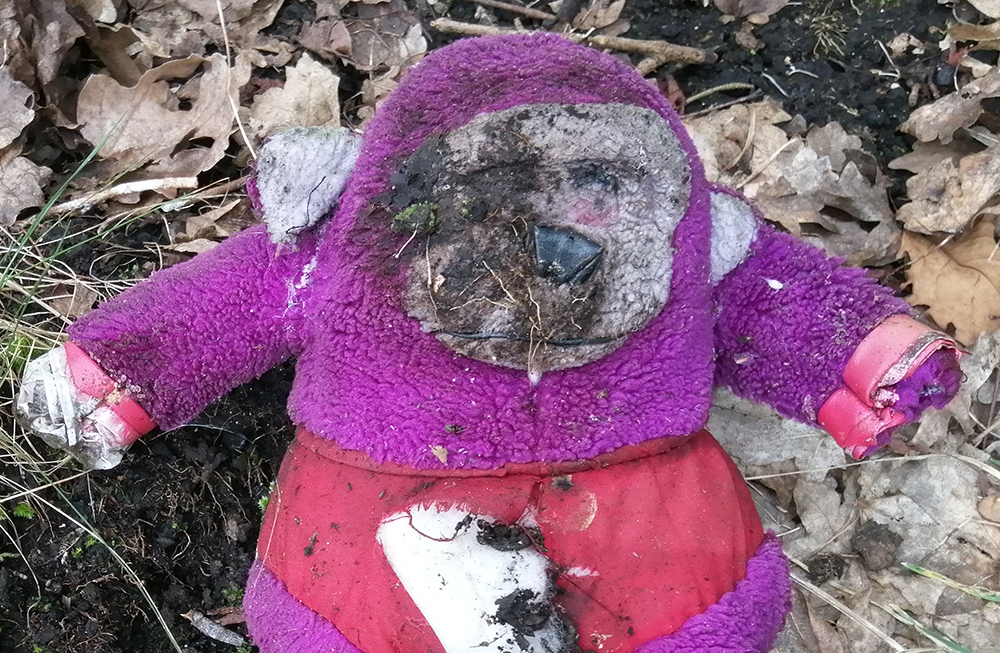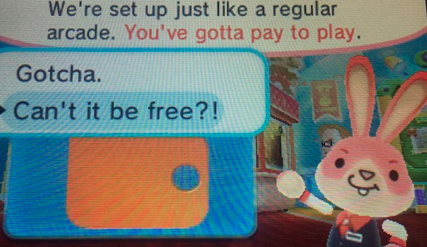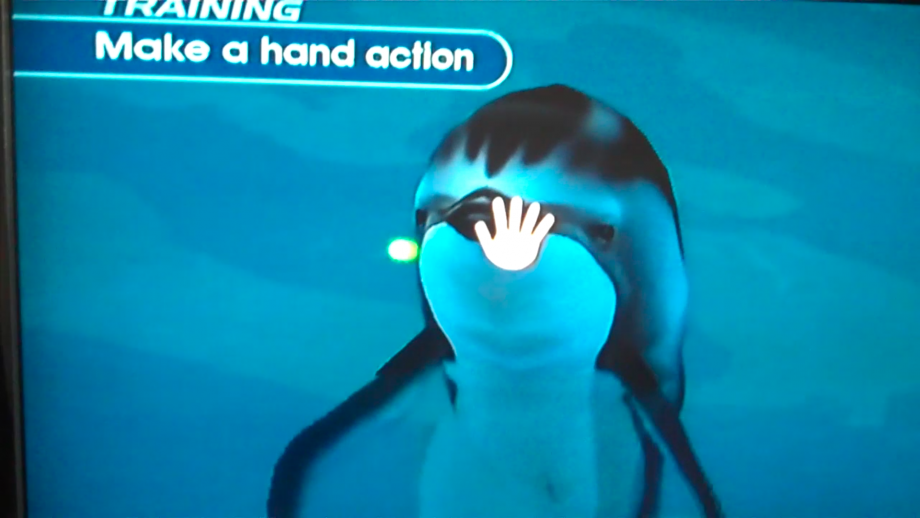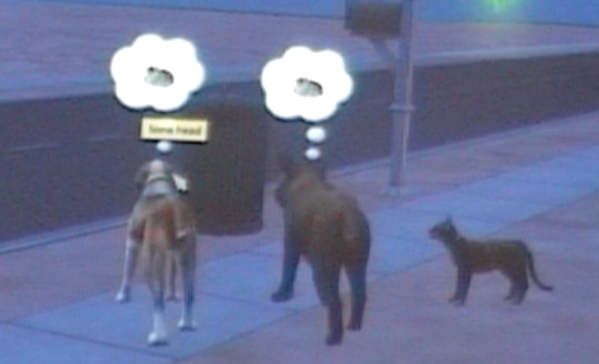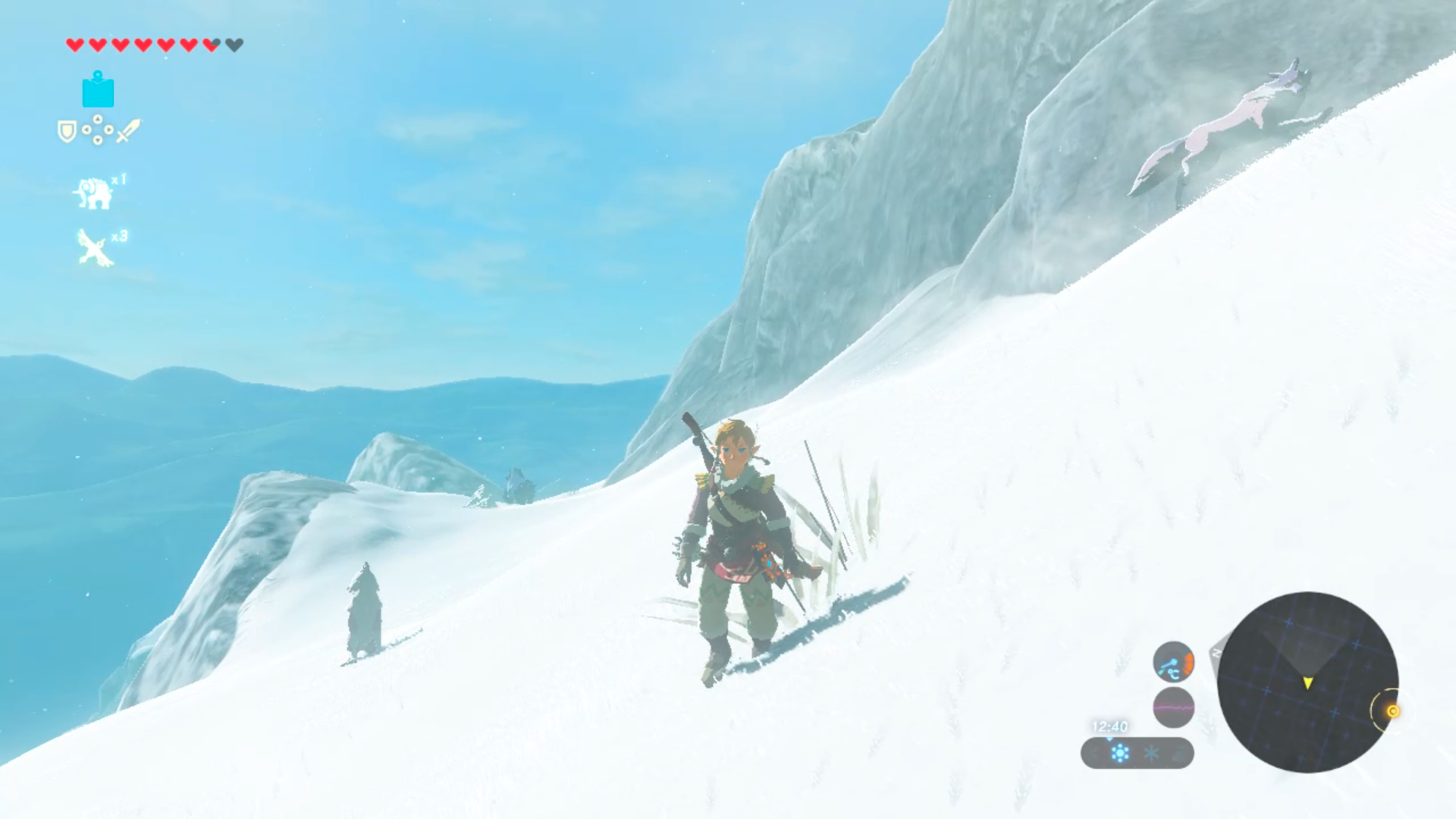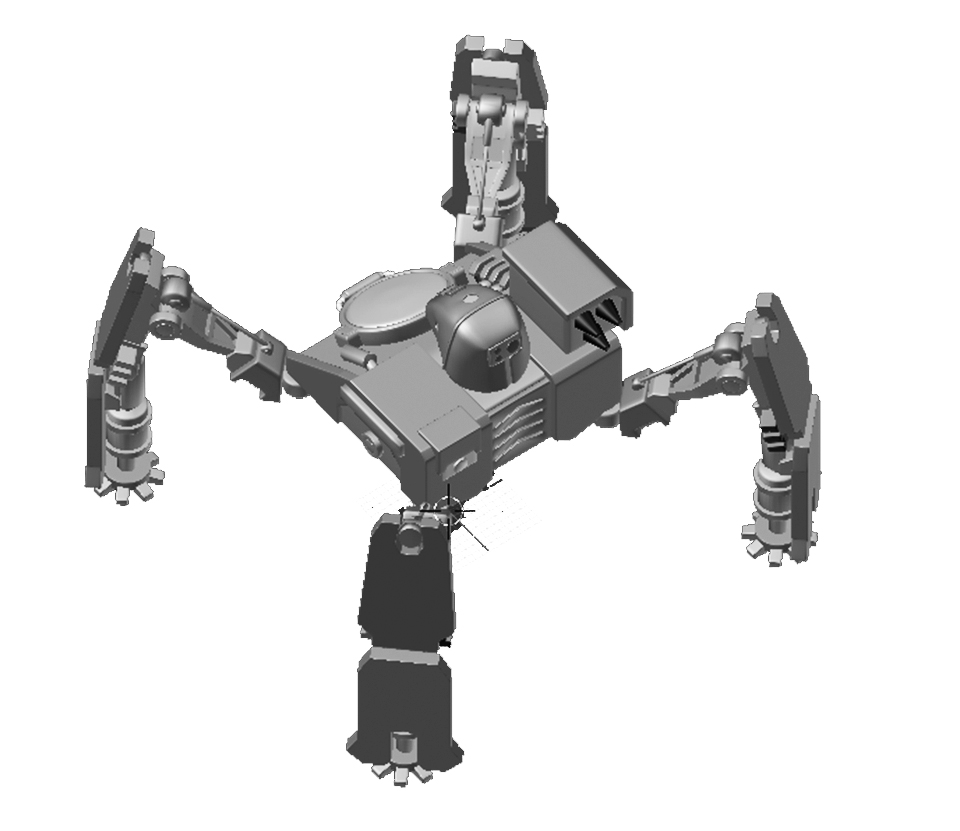A lecture for year 1 BA Games Design & Art, Winchester School of Art, University of Southampton
Tag: software
ethno-video
A short video introducing the ethos of my ethnographic ethology, made for the Lived Research Experiences event, organised by Southampton’s Debating Ethnography research group
Toy Theory
My book, Toy Theory, will be published by MIT Press in 2023. Here’s a section of the proposal: Headline Rethinking culture, media, technology and the…
the game economy
Video of my keynote talk ‘The game economy: designing for, and playing with, the digital era’, for ICOFEP 4: Economics, Finance and Management in…
economic imaginary
Economic imaginaries are no mere abstractions or illusions, they shape the design and reception of games as technologies and as commodities, facilitating and scaffolding…
ethology of AI
What are the implications of taking the animality of AI and A-Life entities as real and not metaphorical or symbolic? This question in turn…
not not animals
Does it make any sense to consider virtual animals as animal in any serious way? Both the naturalistically-rendered wolves of Legend of Zelda: the…
Unbox: The speed and slowness of Lucy, Batman, Batman, Gandalf, and Dumbledore
Microethology of toys-to-life (from proposal for Toy Theory book) – I’m going to build Dumbledore [sings:] Dumbledore, Dumbledore… – Technically, you’re building Gandalf…
game | death | worlds
I compiled this sometime in the mid-2000s, as a curated list for Furtherfield. Riffing on gameworlds and lifeworlds, it resonates nicely with my current…
one or several artificial wolves
Link encounters a group of animals on a green, grassy hillside, beautifully animated in the rich landscape. Large birds, and a wild boar, promise…
AI and the future of play
Placeholder for a position statement on my current research and teaching on the genealogy and emergent dimensions of artificial intelligence in play and technoculture.
AI & the achievement of animals
A stork and a wild pig in Breath of the Wild are distinct species only in a decorative sense, as mise-en-scene of the open dynamic world….
